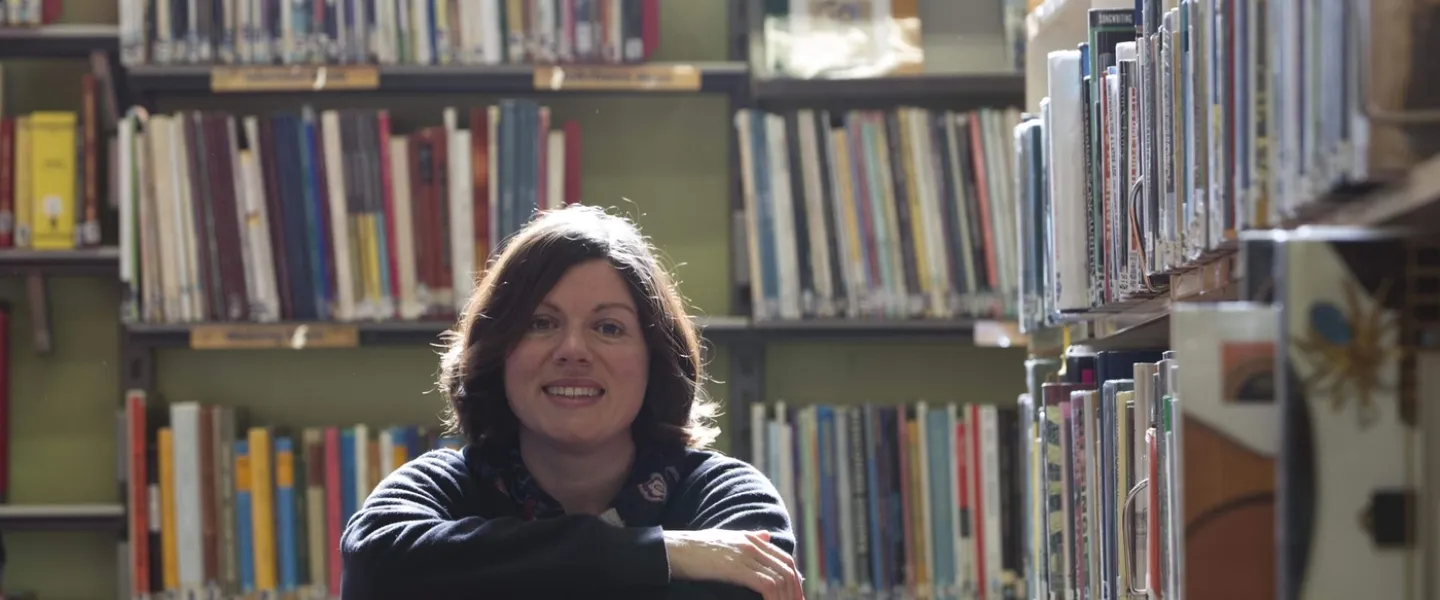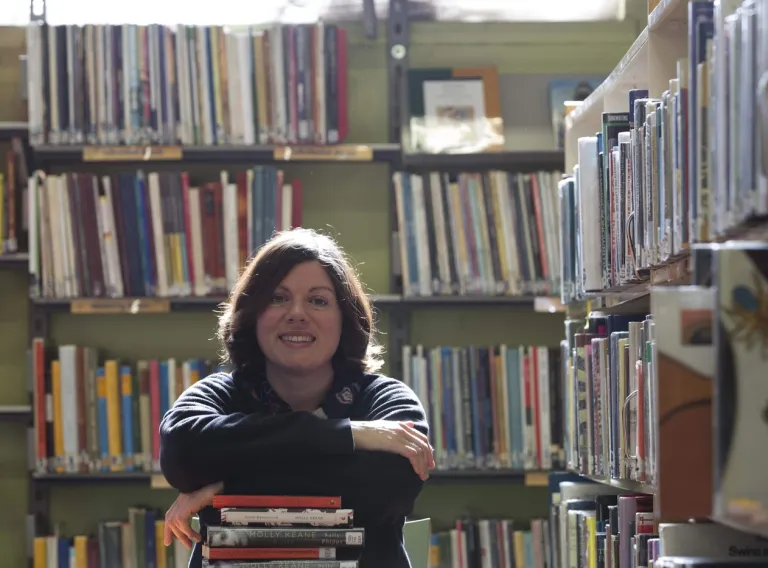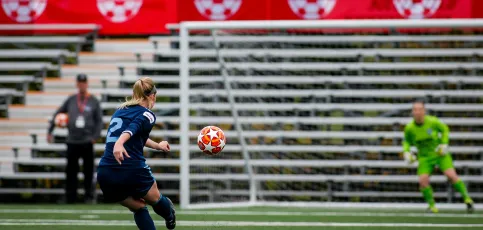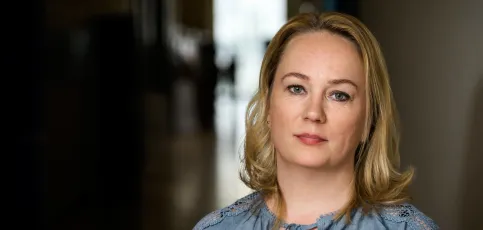
“It has long been understood that the exclusion of neurodivergent people and their potentially unique contributions is a preventable loss for wider society and culture, and I want this project to do something meaningful and sustainable about that,” says Kathy D'arcy, a feminist poet, activist, and post-doctoral researcher at the University of Iceland.
After being diagnosed as autistic a few years ago she became interested in creating neurodiversity-optimised creative collaborative spaces. Her project, titled “AnFinn: Autism and Neurodiversity ReFraming Innovation” involves researching how to create such spaces, both online and in real life. Kathy has promoted similar activist and research projects in her home country, Ireland, and hopes that the project outcome will be the creation of a public conversation about neurodivergent creativity nationally and internationally, both during and after its completion.
Experiencing neurotypical society after lockdown
Kathy has been living in Iceland since 2020 after having moved here at the height of the COVID-19 pandemic in September that year with her partner who was beginning a research project at the University of Iceland. “Moving country in the middle of the pandemic was an experience! I had been diagnosed as autistic at the end of 2019 and, since Ireland had one of the harshest lockdowns in Europe, had had a long period of extreme social isolation and time to think about this new information. It was very strange to then begin to experience ‘normal’, or neurotypical, society here, and the result of all this is that I have only ever been in society as a self-aware autistic person here in Iceland,” Kathy says.
Kathy started the AnFinn project at the University of Iceland in September 2023, after becoming familiar with the university and getting to know researchers she felt would be an excellent fit for the project. “I felt that the research environment of UI would be a fruitful place to site the project - although it will host international participants and engage with international academic and creative institutions. My aim is for the project to create in UI a hub of neurodivergent-led creativity research which links with similar emerging hubs for this exciting field worldwide,” she explains.
A research topic inspired by silenced voices
Having worked for many years as a social care worker with homeless teenagers and marginalised young parents as well as a junior doctor in a psychiatric hospital, Kathy has long been interested in the topic of silenced voices. “My research career has focused on the topic of silenced voices, specifically those of the Irish women poets erased from my country’s literary history, and even as junior doctor, I was confounded by the extent to which people in psychiatric hospitals were and are silenced, especially when expressing themselves in non-neurotypical ways,” Kathy says of the connection between her past work experience and current project.
Kathy’s interest in the topic also stems from personal experience as she explains the inspiration behind the project: “Stepping into my newfound identity after a lifetime of masking and confusion, I began thinking about the many ways in which neurodivergent people are silenced and sidelined in society and culture. In particular, I realised that as a poet trying to collaborate with other artists and communities, there were no available modes within which I could actually work.” This suggests that the contribution of many neurodivergent artists and creative practitioners, no matter how valuable, to ongoing collaborative creativity and culture is being lost. The kinds of collaborative spaces currently available are unsuitable and even unbearable for neurodivergent creatives. “In fact, these spaces often seem to be difficult for many self-identified neurotypical people, so I felt that there was a valuable research question here,” Kathy points out and continues: “Hence this project: to investigate how to develop creative collaborative spaces - virtual and actual - which are neurodiversity-optimised.”



